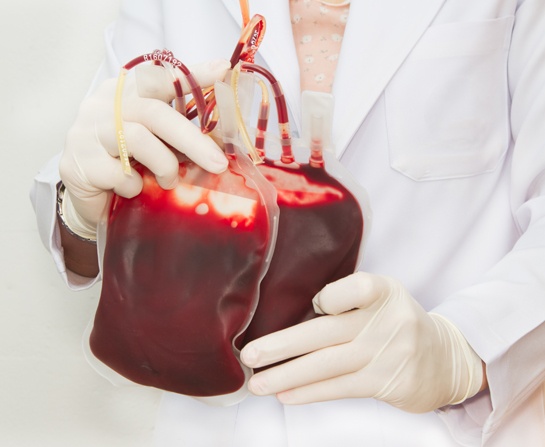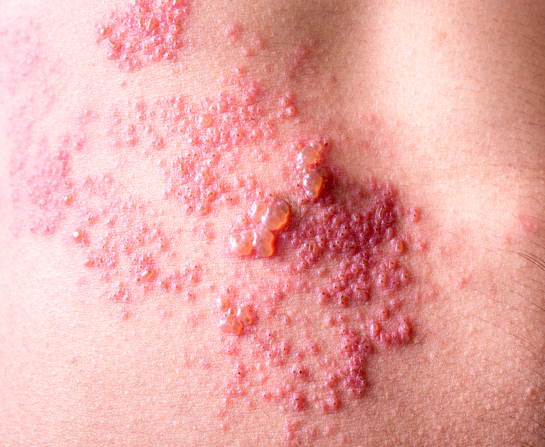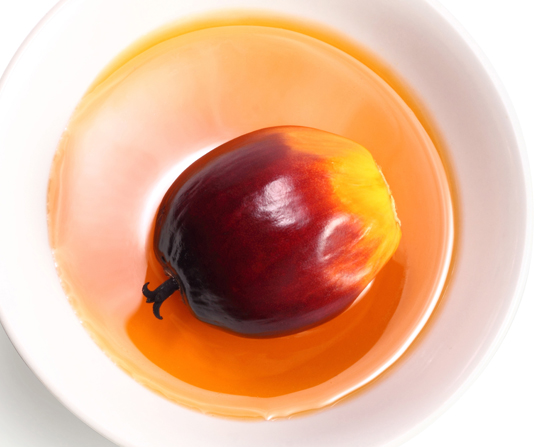A Bloody Problem
April 28, 2022 Return

Giddiness, cold extremities, palpitations, brittle nails, pale skin, unexplained exhaustion – if you’ve been experiencing some of these symptoms for a while now, don’t be so quick to brush them off as consequences of stress or inadequate sleep; they could be hinting that you have anaemia.
What’s that?
Like its name implies, anaemia results from insufficient iron in the body. Without adequate iron, the body becomes incapable of producing enough healthy red blood cells (RBCs) which are vital for storing and carrying oxygen. Fewer RBCs means your organs aren’t receiving as much oxygen as they are supposed to. This is why people with anaemia often feel out of breath and tire easily.
Could I have anaemia?
If you experience any of the following conditions, you may be at risk of anaemia.
Blood loss
Women who bleed heavily during their periods and people with digestive complications like colon polyps, chronic kidney disease, stomach ulcers or colorectal cancer are likely to be anaemic as the amount of blood they lose is greater than their body’s capability to replace the lost RBCs. Blood loss can also occur as a result of surgery or frequent consumption of over-the-counter painkillers.
Pregnancy
Pregnant women who aren’t on iron supplementation have a risk of developing anaemia. Their bodies not only require more iron than normal to serve their own progressively increasing blood volume but also for their unborn child.
Dietary habits
Consuming too little iron and folic acid-rich foods can leave your body iron-deficient in the long run. So, introduce foods like quinoa, dark leafy greens, liver, lentils and tofu into your daily diet.
Iron malabsorption
Anaemia may arise from bypass surgery or intestinal disorders as these can hinder the body’s absorption of iron from digested food.
Genetic disorders
Inherited blood disorders like sickle cell anaemia cause the body to attack its own RBCs whereas aplastic anaemia stops the body from producing new RBCs.
What now?
If you suspect you have anaemia, don’t fret. Aside from eating an iron-rich diet, taking iron supplements over a period of several months or more can up your body’s iron levels. Choose an iron supplement which contains Fe3+, instead of Fe2+. The former is gentler on the stomach as it gives significantly less side effects associated with typical iron supplements like bloating, vomiting and diarrhoea.
If your anaemia is a result of an underlying medical condition, get it treated by your doctor so it doesn’t return a second time.
References:
Everyday Health. Available at www.everydayhealth.com
Mayo Clinic. Available at www.mayoclinic.org
NHS UK. Available at www.nhs.uk
WebMD. Available at www.webmd.com








